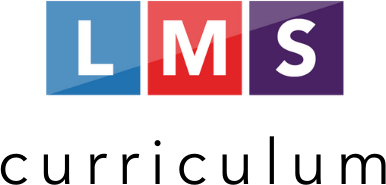Origin Story, 1993
by Adam Falkner

Photo by Rachel Eliza Griffiths
Writing Workshop
Workshop Title: Origin Story
Step 1
Ask your students, “What’s your “origin story”? Is there a specific moment in your life that fundamentally altered the way you think? The way you behave? The way you are?” Briefly discuss.
Step 2
Read “Origin Story, 1993” by Adam Falkner. When you’re done, briefly discuss the speaker’s “origin story.” Why was the moment in the poem so transformative for the young speaker?
Step 3
Say, “Take a few minutes to think about your origins. Is it a single moment? Was it over a period of time? Was there an instance that “broke the camel’s back”? Try to think of as many specifics as possible. Take a few minutes to brainstorm.”
Step 4
Have your students compose a poem similar in sentiment to “Origin Story, 1993” by Adam Falkner in which they discuss a transformative, fundamental, or defining moment(s) in their life.
Step 5
When the students are done, have them share their responses with one another.
Analytical Lesson
Area of Focus: Various
Step 1
This lesson allows students to analyze various concepts and skills, so it is recommended that you have covered several of the “standalone” lessons before assigning this one.
Step 2
Start by showing the following video, a *fake prose iteration of “Green Eggs and Ham” by Ernest Hemingway.
Step 3
When the video is over, ask your students why the prose rendition lacks the same charm as the original. Though the plot is, for the most part, the same, why was the prose piece “less effective” than Dr. Seuss’s? Briefly discuss.
Step 4
Hold a brief conversation with your students about the differences between poetry and prose. What makes a poem a poem? What literary tools or resources does a poet have at their disposal that an author of prose may not?
Step 5
Ask your students to open the following document and go over the instructions with them. In this assignment, your students are going to examine Adam Falkner’s “Origin Story, 1993” and identify the differences between the original text (a poem) and a prose rendition of it. When you’ve gone through the directions, give your students time to work.
Step 6
When your students are done, have them share their responses with the rest of the class.
Essay Materials
Lesson Details
Lesson Info
Focus
- Various
Themes
- Appreciation
- Children / Youth
- Community / Culture
- Death / Grief
- Education Formal / Informal
- Family
- Health / Health Care / Illness
- Joy
- LGBTQA
- Love
- Parenting
Literary Tags
- Diction
- Figurative Language
- Imagery
- Selection of Detail
- Structure
- Structure (Syntax)
- Tone
Content Warning
- Homophobia
